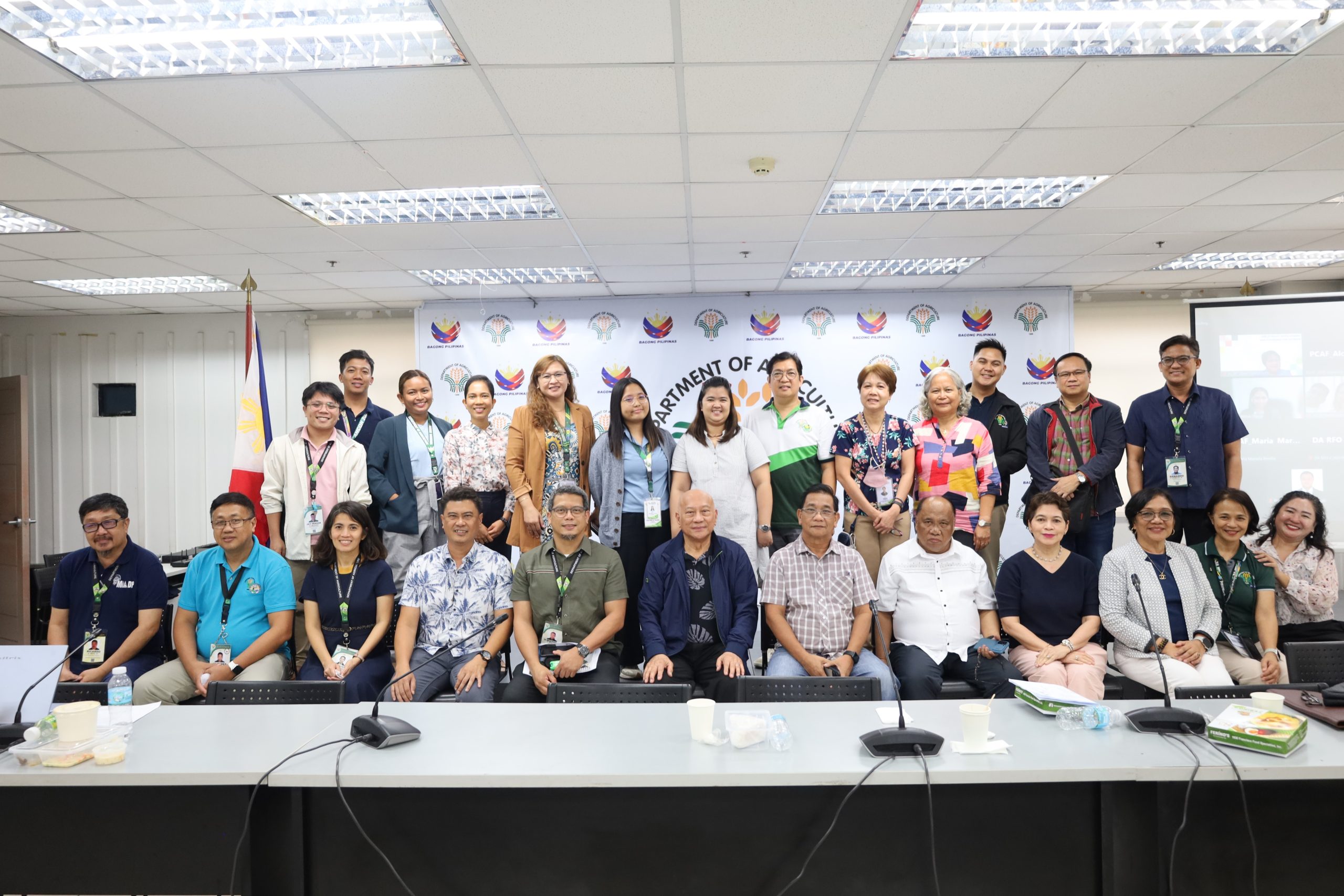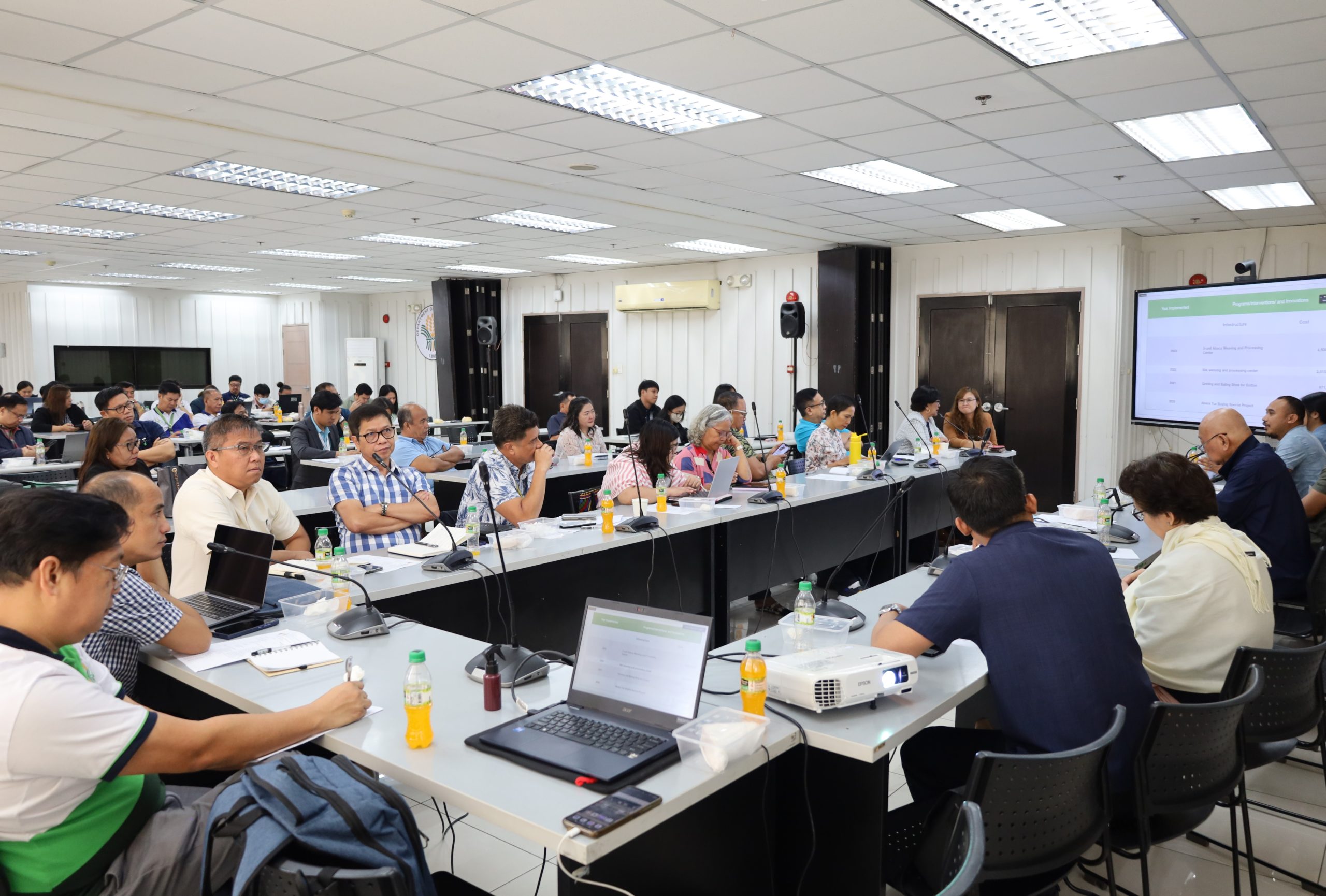
In the last 10 years, the Philippine Government has continuously intensified its efforts to enhance agricultural productivity and efficiency through mechanization. This is evident in the passing of key legislations such as: 1) Republic Act (RA) No. 10601, otherwise known as the Agricultural Mechanization (AFMech) Law; 2) RA No. 11203, otherwise known as the Rice Tariffication Law; and 3) RA No. 10659, otherwise known as the Sugarcane Industry Development Act. All of these aimed to expedite the distribution of agri-fishery machineries and equipment to farmer associations and cooperatives, augment local farmers’ capabilities, boost yields, and strengthen national food security.
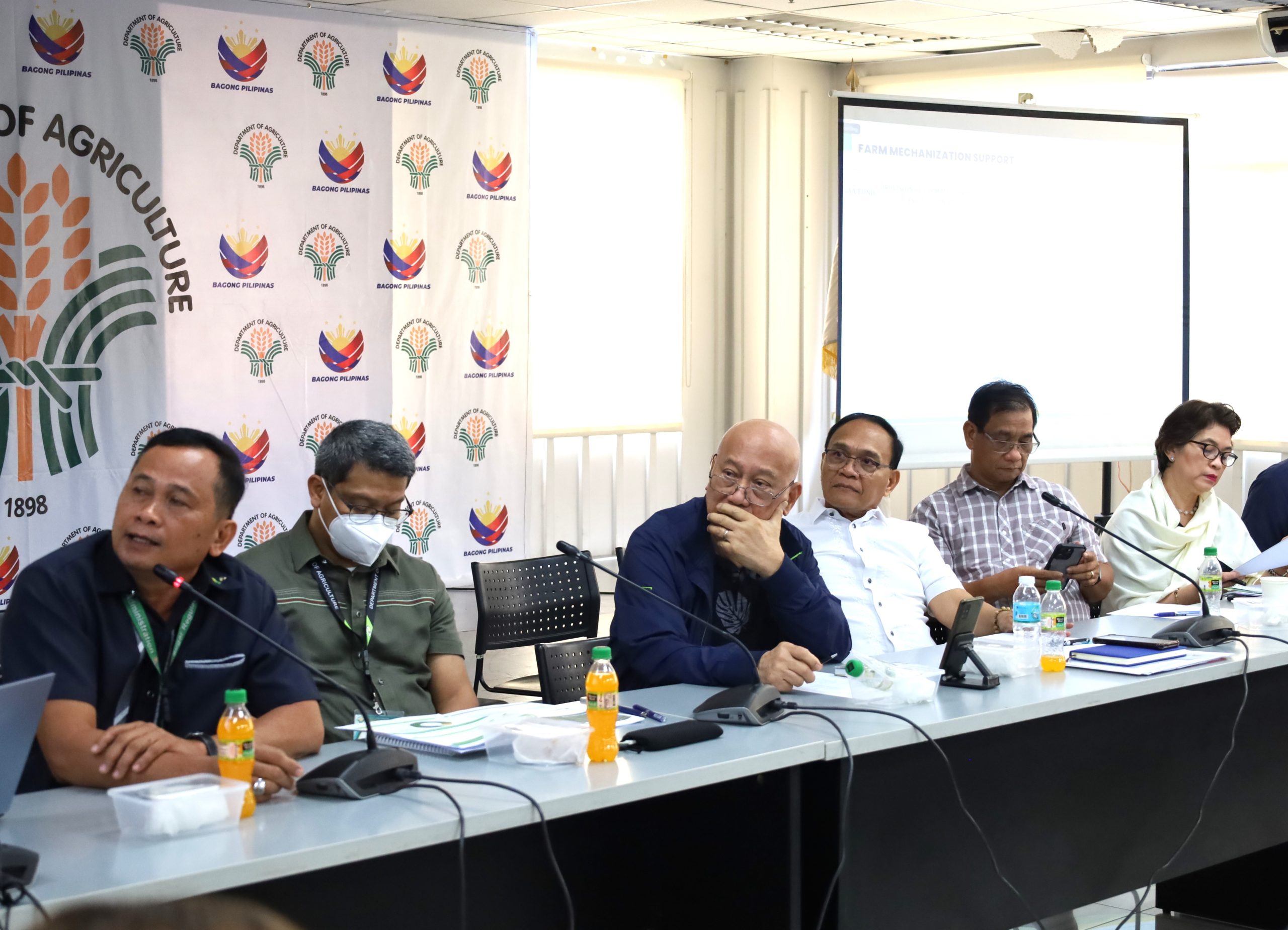
In support of this endeavor, the Philippine Council for Agriculture and Fisheries (PCAF) organized the Pre-Agricultural and Fishery Mechanization (AFMech) Summit on June 4, 2024 at the DA New Building in Quezon City. The activity aimed to initially identify key themes, prioritize areas for action, and generate actionable recommendations to accelerate mechanization initiatives.
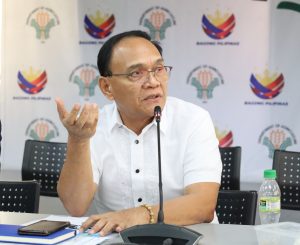
The activity served as a preliminary meeting among the heads of DA Regional Field Offices Attached Bureaus, Agencies, and Corporations, and Banner Programs. Joining the meeting was DA Undersecretary for Operations and Agri-Fisheries Mechanization Engr. Roger Navarro and OIC-Assistant Secretary for Operations U-Nichols Manalo.
The Pre-AFMech Summit focused on reviewing the implementation status of key legislations and the progress of mechanization in the country by evaluating the distribution and utilization of agri-fishery machineries and infrastructures nationwide.
Among the major agreements were the harmonization of the computing of mechanization index for a unified formula of determining the country’s level of mechanization and the synchronization of agri-fishery machinery databases for easier reference, validation, and monitoring of distributed equipment.
Currently, there are three formulas being used to compute the level of mechanization, as employed by the Philippine Rice Research Institute, the University of the Philippines Los Baños, and the Philippine Center for Postharvest Development and Mechanization (PhilMech).
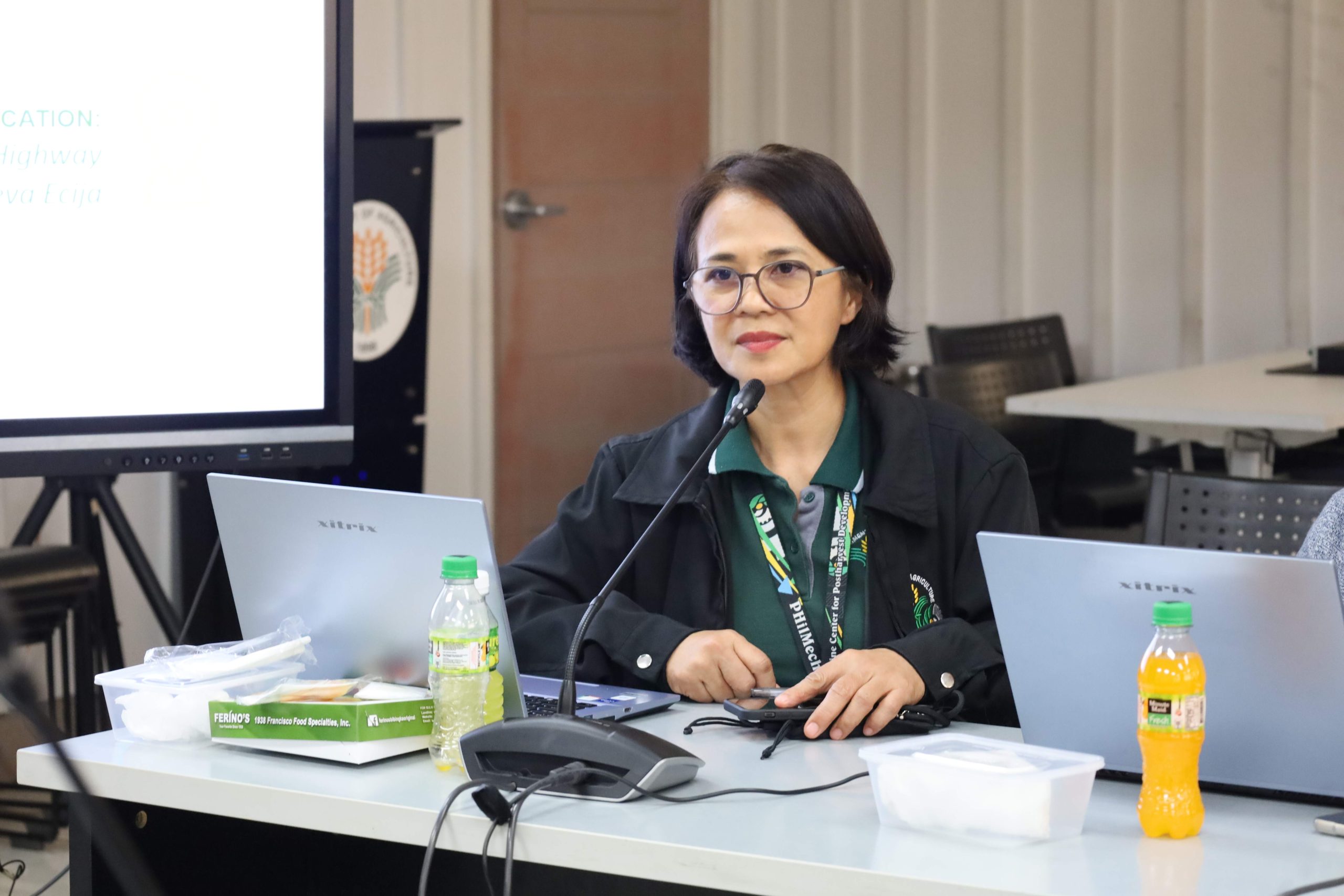
According to Kristina Luz Sebastian, Chief of PhilMech Planning, Management, and Information Technology Division, there is already a Memorandum of Understanding among the three institutions regarding the matter but it is yet to be implemented. In line with this, she recommended the adoption of a formula that is consistent with those of neighboring SouthEast Asian nations.
On the other hand, two agri-fishery machinery databases were discussed during the Pre-AFMech Summit, and these were the Agricultural and Biosystems Engineering Management Information System (ABEMIS) and the Registration of Ownership of Agricultural and Fisheries Machinery and Equipment System (RAFMES).
While the RAFMES was developed by the PhilMech and used by local government units for the registration and tracking of agri-fishery machineries, the ABEMIS was created by the Bureau of Agricultural and Fisheries Engineering (BAFE) to consolidate and manage agri-fishery machinery and infrastructure data. The ABEMIS feeds the GEOAGRI, an interactive web mapping application that displays information on farm-to-market road projects and other agri-fishery facilities and machineries.
All inputs during the meeting will be discussed at the actual National AFMech Summit, scheduled on June 18-21, 2024. | Joy Camille Luza
